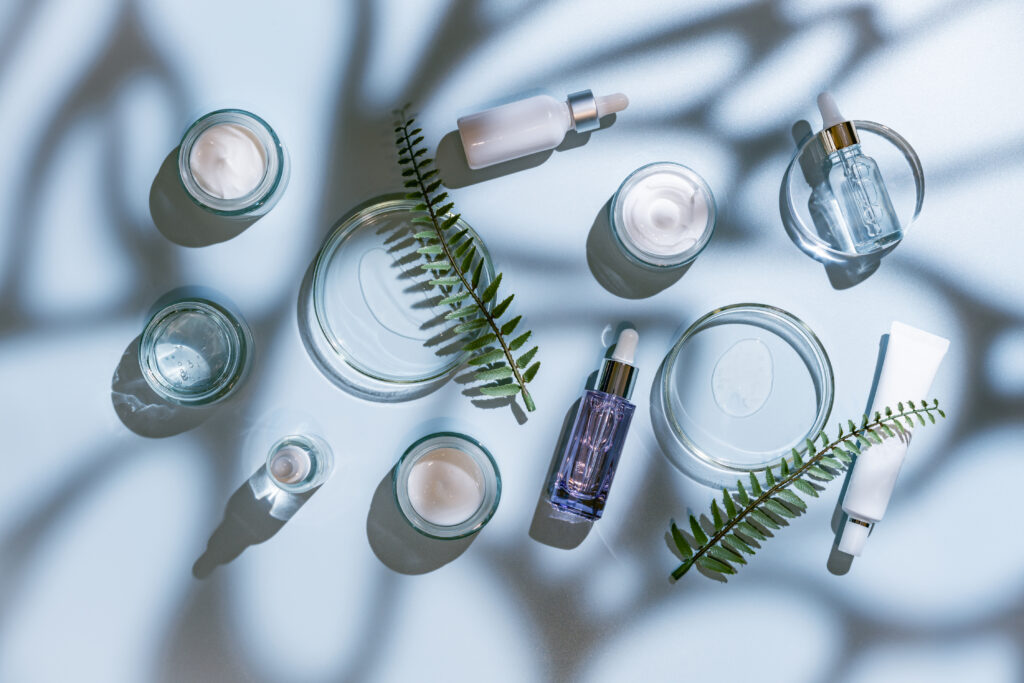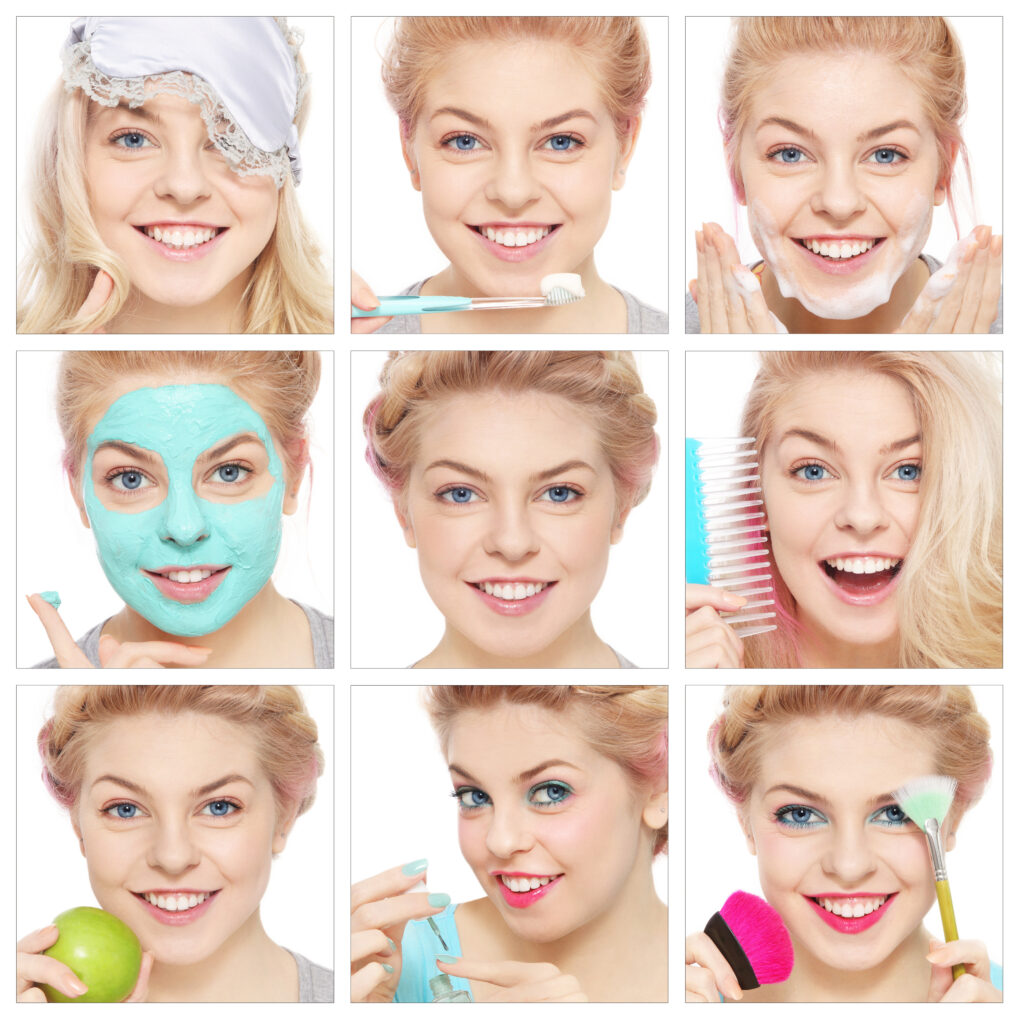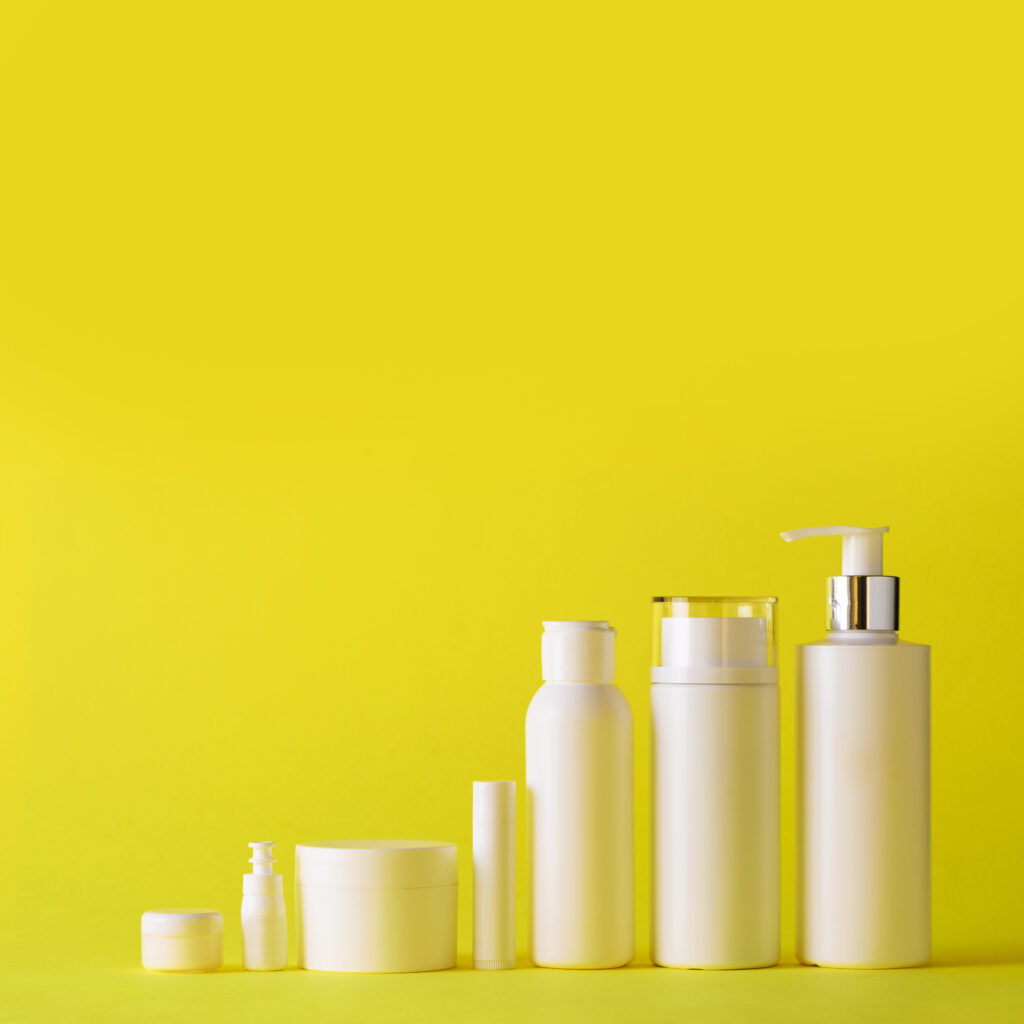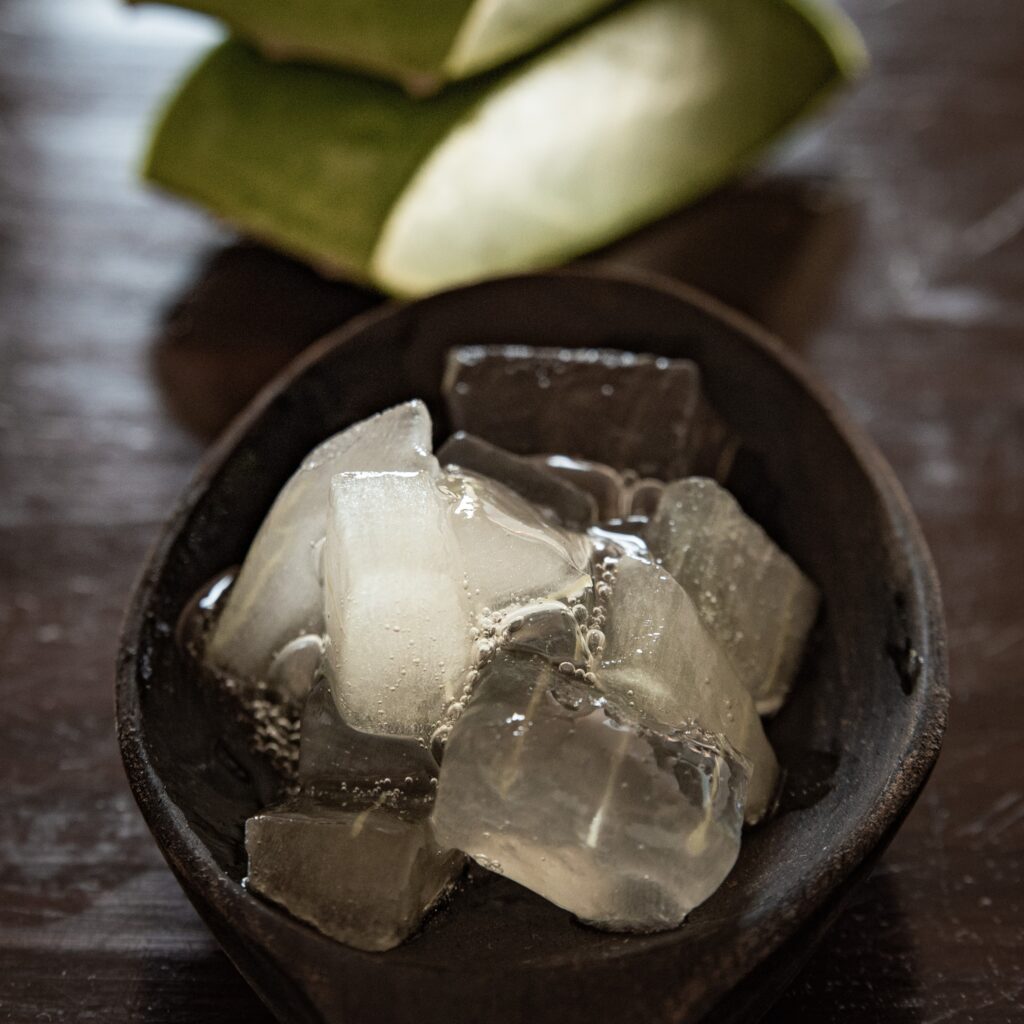Healthy, radiant skin is often a reflection of overall wellbeing, encompassing nutrition, hydration, lifestyle habits, and effective skincare practices. In the UK, there is growing awareness around skin health, with audiences seeking practical advice on managing common concerns such as acne, dryness, sensitivity, and premature ageing. Skincare is no longer just about appearance; it is recognised as a key part of self-care, stress management, and overall wellness. Understanding skin type, the right products, and evidence-based routines is essential to maintaining long-term skin health.
Skin health is influenced by a variety of internal and external factors. Genetics, age, diet, hydration, hormone levels, environmental stressors, and lifestyle choices all play significant roles. For example, UV exposure, pollution, and smoking can accelerate skin ageing, while a nutrient-rich diet and proper hydration can improve elasticity, radiance, and barrier function. The following guidance answers common questions about skincare and beauty, helping UK audiences adopt routines and habits that support healthy skin.

What Is The Best Daily Skincare Routine For Healthy Skin
A daily skincare routine should be simple, consistent, and tailored to your skin type. Basic steps include cleansing to remove impurities, applying a toner or serum to balance pH and provide active ingredients, using a moisturiser to maintain hydration, and finishing with sunscreen during the day. For sensitive or acne-prone skin, non-comedogenic and fragrance-free products are advisable. Evening routines may include gentle exfoliation and treatments such as retinoids or hydrating masks. Consistency and using suitable products for your skin type are key to long-term benefits.

How Can I Choose The Right Sunscreen For My Skin Type
Sunscreen is essential for preventing premature ageing, skin cancer, and hyperpigmentation. Broad-spectrum sunscreens with SPF 30 or higher are recommended for daily use. Those with oily or acne-prone skin may benefit from lightweight, non-comedogenic formulations, while drier skin types can use cream-based or hydrating sunscreens. Physical or mineral sunscreens containing zinc oxide or titanium dioxide are suitable for sensitive skin. It is important to apply sunscreen generously and reapply every two hours when exposed to sunlight, even on cloudy days.
What Are The Causes Of Adult Acne And How Can I Treat It
Adult acne can result from hormonal changes, stress, diet, skincare habits, and genetics. Common triggers include excessive oil production, clogged pores, and inflammatory responses in the skin. Effective treatment options include topical treatments such as benzoyl peroxide, salicylic acid, and retinoids, as well as oral medications prescribed by a dermatologist for severe cases. Lifestyle factors, including a balanced diet, sufficient sleep, and stress management, also play an important role in preventing flare-ups. Gentle cleansing and avoiding harsh scrubs help maintain the skin barrier.

How Does Diet Impact Skin Health
Nutrition significantly influences skin condition. Diets rich in antioxidants, vitamins, and minerals support collagen production, repair, and hydration. Foods containing vitamin C, vitamin E, zinc, omega-3 fatty acids, and polyphenols contribute to glowing, healthy skin. Conversely, high sugar intake, refined carbohydrates, and excessive dairy can exacerbate acne or inflammation. Hydration is equally important, as water supports cellular function and helps maintain skin elasticity. A balanced diet works in tandem with skincare routines to improve overall skin health.

What Are The Best Skincare Ingredients For Hydration And Glow
Certain ingredients are particularly effective for hydration, barrier protection, and radiance. Hyaluronic acid attracts and retains moisture, improving skin plumpness. Glycerin and ceramides support the skin barrier, preventing moisture loss. Antioxidants such as vitamin C, niacinamide, and green tea extract protect against environmental damage and promote a luminous complexion. Retinoids help with cell turnover and can improve skin texture over time. Choosing products with clinically supported ingredients ensures long-term benefits for skin health.
How Can I Prevent Premature Ageing Naturally
Preventing premature ageing involves a combination of sun protection, nutrition, and lifestyle choices. Regular use of sunscreen, avoiding smoking, limiting alcohol, and staying hydrated are foundational steps. Incorporating antioxidants in skincare and diet protects against free radical damage, while sufficient sleep and stress management support skin regeneration. Gentle facial exercises, maintaining a balanced diet, and consistent moisturisation can further reduce the appearance of fine lines and maintain skin elasticity.

What Are Effective Ways To Manage Oily Or Dry Skin
Managing oily or dry skin begins with understanding your skin type. For oily skin, lightweight, non-comedogenic moisturisers, gentle exfoliation, and oil-free cleansers help maintain balance. Dry skin benefits from rich moisturisers, hydrating serums, and avoiding harsh soaps or long hot showers. Using the right cleanser, moisturiser, and treatment products tailored to your skin’s needs prevents irritation, supports barrier function, and reduces the risk of breakouts or dryness. Adjusting skincare based on seasonal changes is also recommended in the UK climate.

What Are The Most Trusted UK Skincare Brands
Several UK skincare brands are widely trusted for quality and efficacy. These include brands offering dermatologist-recommended products and those focused on evidence-based formulations. Popular options often include La Roche-Posay, Eucerin, Simple, and The Ordinary for effective, accessible routines. Choosing brands with transparent ingredient lists and products suited to your skin type ensures safer, more reliable results. It is important to patch-test new products and consult a dermatologist for persistent skin concerns.
How Can I Soothe Sensitive Or Irritated Skin
Sensitive or irritated skin requires gentle care and avoidance of potential irritants such as harsh chemicals, fragrances, or alcohol-based products. Soothing ingredients like aloe vera, chamomile, calendula, and oatmeal help calm inflammation. Cold compresses, reduced exfoliation, and moisturisers with ceramides or hyaluronic acid can improve comfort. Protecting skin from environmental stressors and using non-comedogenic, fragrance-free products minimises irritation. Consistency and patience are key, as skin barrier repair takes time.

What Are Dermatologist-Approved Tips For Better Skin Health
Dermatologists emphasise a holistic approach to skin health that combines daily care, sun protection, and healthy lifestyle habits. Key tips include cleansing twice daily, moisturising according to skin type, wearing sunscreen daily, avoiding smoking and excessive alcohol, and maintaining a balanced diet rich in vitamins and antioxidants. Regular skin checks, gentle treatment of acne or other conditions, and consulting a dermatologist for persistent issues ensure long-term skin health. Stress management, sufficient sleep, and hydration also play vital roles in maintaining a radiant complexion.